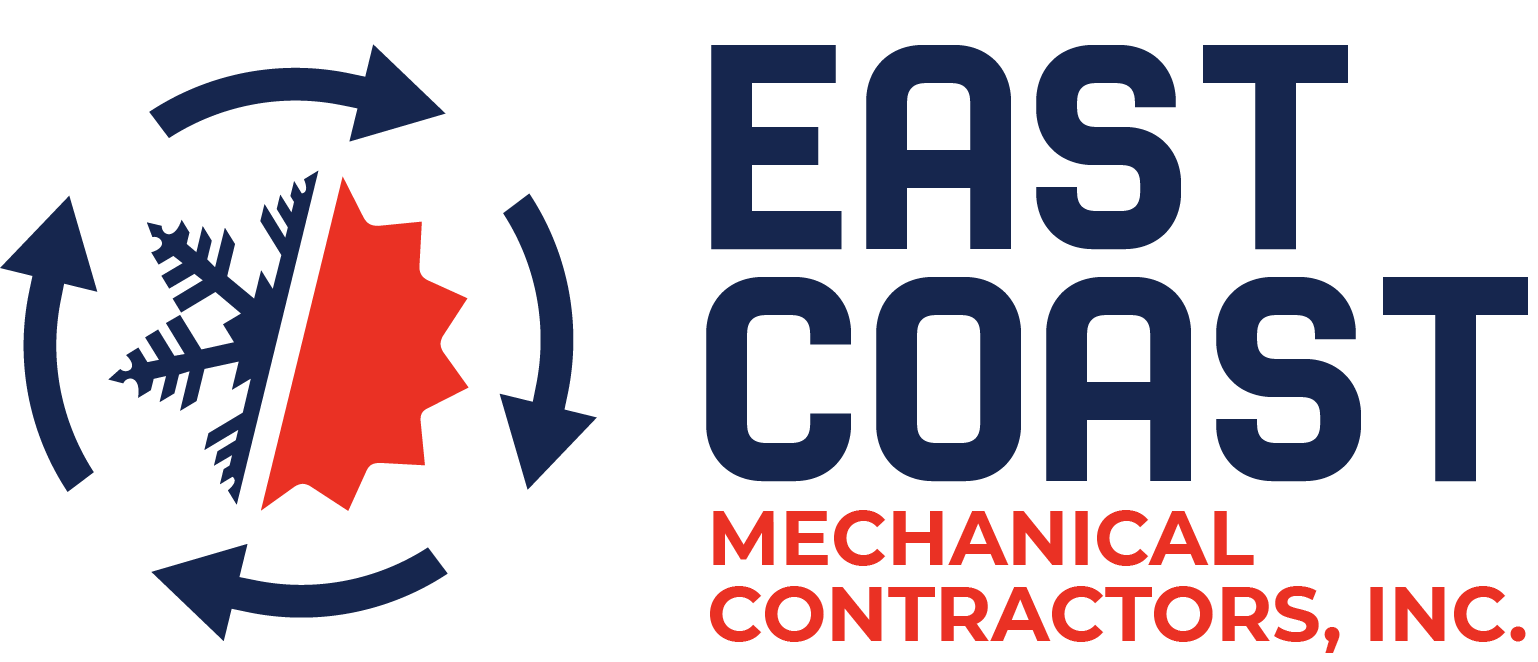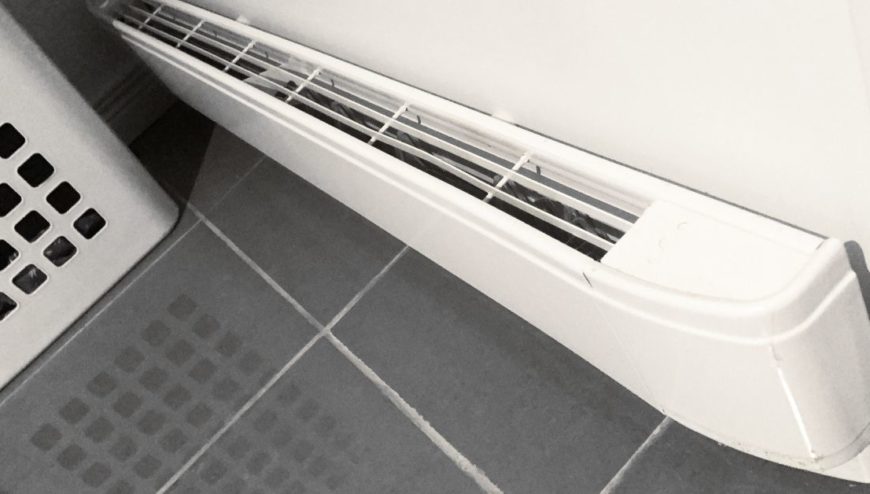Electric baseboards are in-room heaters that run along the base of the wall. They look similar to hot water (hydronic) baseboards but use electricity instead of water from boilers. If you have baseboard heaters, then you know firsthand the joys and struggles that come with operating them in the winter. On the one hand, electric baseboard heaters afford you the ability to control the temperature in each room individually — it’s zone heating without the technology! On the other hand, electric baseboard heaters are unsightly, less efficient than modern electric heat pumps, and can be hazardous if you have young children.
Heating with electric baseboards in Monmouth County
Maybe you’ve considered replacing your current system with a more efficient option. Or maybe you’re facing a lot of repairs that leave you wondering if it’s worth it. To understand your system — and how to best heat your home — it’s important to understand how electric baseboard heaters work and how they compare with other systems on the market today.
HOW DO BASEBOARD HEATING SYSTEMS WORK?
Even homeowners who’ve had electric baseboard heating for years often don’t understand how their home’s heating system works. So, before you can understand the pros and cons of baseboard heating, take a few minutes to ask: what is baseboard heating and how does it work?
Electric baseboard heating systems — also known as electric resistance heating — is a form of zone heating that individually creates and controls the temperature in each room of your home. There are no furnaces, boilers, heating ducts, vents or blowers involved in distributing the heat. Each baseboard unit houses a heating element that generates heat and then slowly releases it into the room where it’s located.
The term “baseboard heat” refers to the heater’s location along the bottom of the wall. The idea behind this location is that heat naturally rises so, by starting out along the floor, the heat slowly rises into the area between the floor and ceiling where you spend most of your time.
THE DIFFERENT TYPES OF BASEBOARD HEAT
There are different types of baseboards heat out there, such as gas baseboard heat and hydronic baseboard heat. You might have heard this referred to as hot water baseboard heat. These heaters send hot water through a series of copper coils located in baseboard units around the home. The water can be heated through your home’s boiler system. However, in this post, we’re addressing traditional electric baseboard heat.
Typically, baseboard heaters are installed under windows and on perimeter walls of the home. This allows them to counteract the cold air radiating off the window glass, as well as the areas where the home’s greatest heat loss tends to happen. Electric baseboards are individually controlled, meaning each unit — and therefore each room — has its own thermostat. This can be beneficial if your family has disagreements about how warm — or cold — to keep the house in the winter. It’s also helpful because you can turn the heat down in rooms you don’t use often or up in rooms that tend to get drafty.
BUT IS BASEBOARD HEAT EFFICIENT?
There isn’t an easy answer to this question because it depends on a variety of factors. The overall efficiency of a baseboard heating system depends on its age, its condition and where you live. In most climates, an electric heat pump will operate with more overall efficiency than electric baseboard heaters. In fact, homeowners should see an approximately 50% decrease in electricity use once electric baseboard heaters aren’t being used anymore. This means monthly savings on their energy bill.
Everyone wants a more efficient — and less expensive — way to heat their home. If you don’t want to convert your home to central heating and cooling, the ductless HVAC system — also called a mini-split system — is a great way to get a more efficient system at a more economical price.
Call for Help Contact us
If you have HVAC needs for your office or home in Farmingdale, join hands with a licensed and insured contractor at East Coast Mechanical. Email: ecmcecmc@aol.com Address: 5133 W Hurley Pond Rd Suite A, Wall Township, NJ 07727 Hours: Monday to Friday 8 AM to 5 PM and Closed Saturday and Sunday.
Phone: 800-300-ECMC or 732-751-8877

